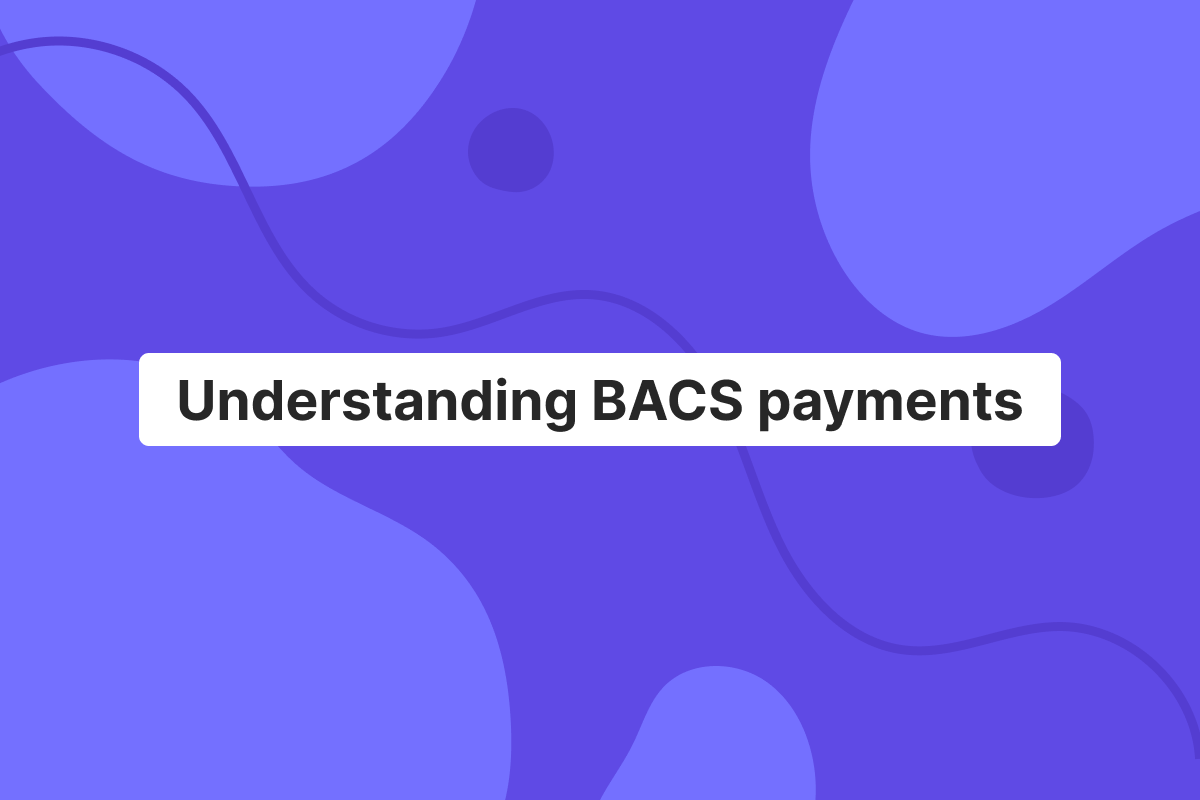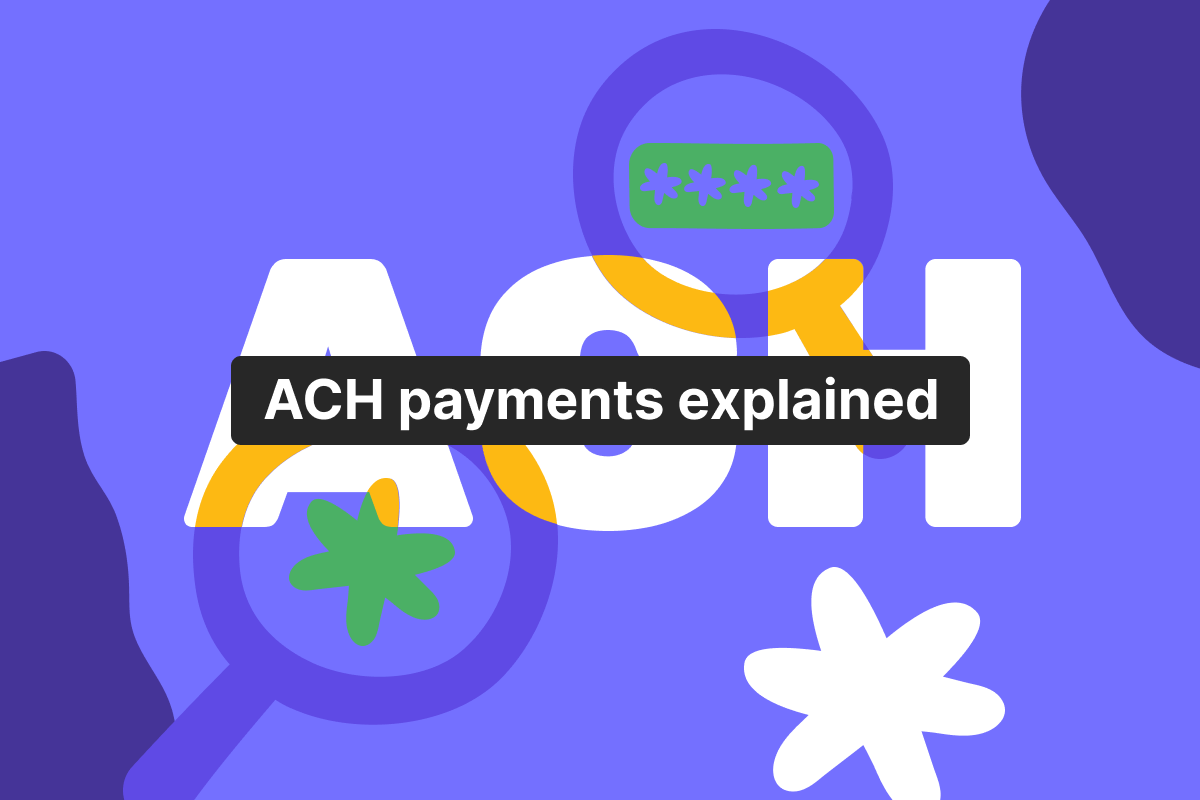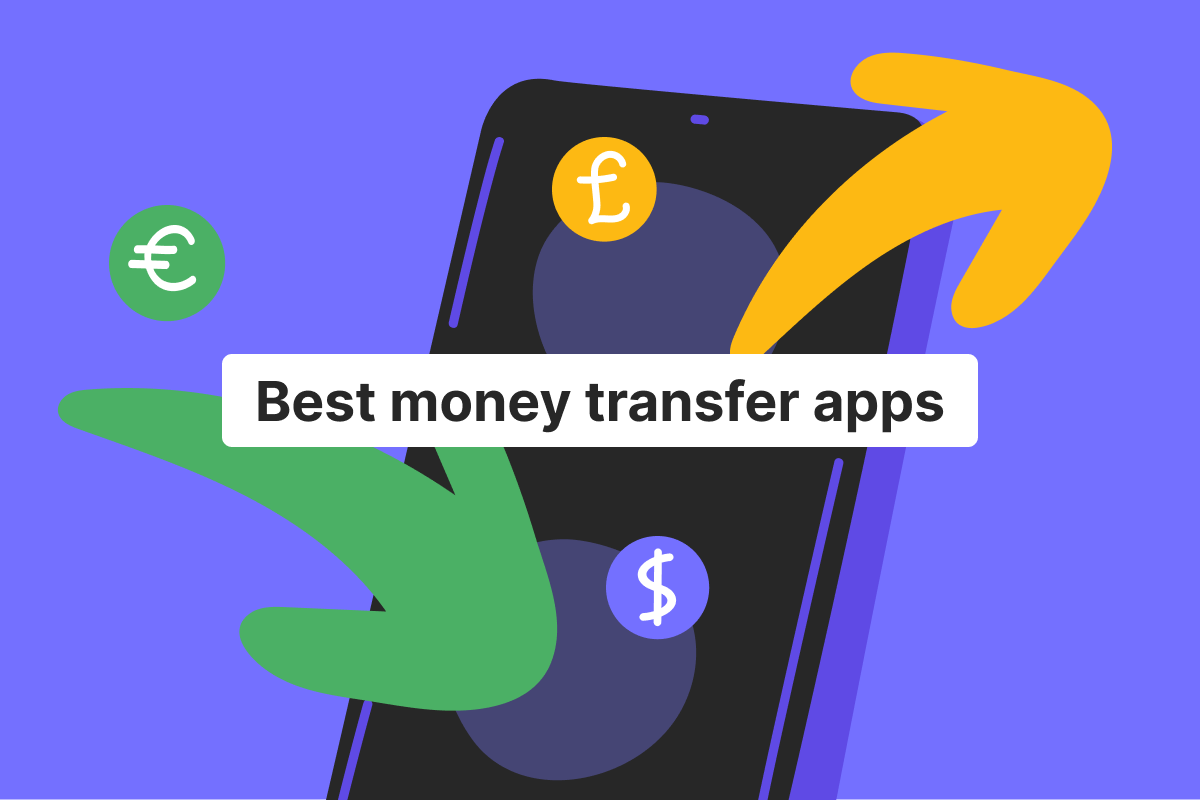Genome Blog / articles / Is online banking safe? What you need to pay attention to
Dec. 1, 2022
Security is the backbone of all financial institutions, including internet banking, and they have to constantly update their safety features to keep up with existing threats of today. But people should also remember that security is a two-way street, so they also need to be proactive in making sure their funds are safe.
Genome is here to explain how to keep your bank account safe online and how safe digital banking is.
Digital banking and banking apps: what are all of these?
Before answering the “How safe is online banking” question, let’s first understand what it is.
First and foremost, – digital banking. It is an umbrella term for all the financial operations that are conducted with the help of various technologies. In other words, the digitalization of traditional banking services, which used to be available exclusively at physical bank branches.
Online banking and mobile banking are parts of digital banking. Both these terms refer to the provision of financial services via the internet. Simply put, when you open a bank account online, use it to transfer money from bank to bank, check your balance, etc. – you are participating in online banking.
The main difference between online banking (also known as internet banking) and mobile banking is the devices they are used on. As you might have guessed, mobile banking is utilized with the help of banking apps, which you need to download. And with online banking, you will only need to log into your account via the web browser.
Online banking: security advice for internet banking on mobile phones and in web applications
Now that you understand online banking let’s decipher the main topic. So, is it safe to open an online bank account? Yes, but only if you follow these fundamental rules:
- Make sure that the online banking institution you have chosen has all the instruments in place to protect your data and funds;
- Be careful with your actions and follow the safety precautions.
Sure, online banking, like many other things on the internet, is prone to hacking, fraud, breaches, etc. But, the industry is adapting to these threads, and multiple internet banking options are secure. Here’s what to pay attention to when choosing such a provider:
- Start with the basics – look at the webpage of the internet banking/banking app you will use. Do they look reliable and provide extensive information on how they protect your data and funds? And, for the online banking institution page, check if its URL starts like this (HTTPS) or has a lock icon before the URL address.
- Check if the financial institution complies with major regulations: PCI DSS is used for international control and security of transactions; GDPR is the EU regulation law for data and privacy protection standards. PSD2 – regulates payment services together with PSPs within the EU.
- How to keep your bank account safe once you have chosen online banking or a mobile banking app? First and foremost, set a two-factor authentication when you log in – this way, no one else can access your account. So make sure an online banking app provides such a feature;
- If you need a merchant account, the online bank must have anti-fraud and chargeback prevention tools in place;
- Last but not least, the internet banking provider or mobile banking app should have a support team with multiple communication channels to help you in an emergency.
What do you need to do on your part to secure your online banking experience:
- Come up with complicated passwords that contain digits, special symbols, upper and lower case letters. Use different passwords for each device/website, and change them once a month.
- Is mobile banking safe? Yes, if your phone is safe – set up a face ID or fingerprint sensor to unblock your phone.
- Do NOT provide bank account details (such as log-in info, passwords, and card details) via phone, as it is most likely a part of a scam. Your financial institution will not ask for them in such a manner.
- Do NOT use public Wi-Fi when making financial operations. Make your banking experience more secure by using VPN.
Keep your bank account safe online – with Genome
Is online banking safe? Yes, if you use Genome. Our platform provides both a web version for internet banking and Genome’s banking app.
We are an electronic money institution licensed and supervised by the Bank of Lithuania. Genome follows strict banking regulations and is PCI DSS, GDPR, and PSD2 compliant.
Open a bank account online at Genome – all your log-ins, as well as outgoing payments, are protected with two-factor authentication.
We use TLS/SSL encryption to protect your data, and with our instant notifications, you will always keep track of all your financial operations!
Our business wallet users can benefit greatly from Genome’s security token – a device for remote approval of business transactions.
FAQ
How safe is online banking?
Generally, most online payment service providers have security measures to secure your internet banking experience. We described what main parameters the financial institutions must have to be secure above.
Can you do all your banking online?
Yes, you can. And Genome is a great testament to that! All our services are available entirely online. In addition to that, we provide all the features necessary to keep your internet banking well-protected.
Should I link my business and personal bank accounts?
First and foremost, mixing your personal and corporate finances may cause problems. For one, it will be more challenging to pay taxes, and you would have to be careful not to overspend one or the other for different purposes. And at the end of the day, financial institutions may suspend your personal account if they find out that you use it for business expenses and vice versa. Now, if you want to have separate personal and business accounts within one financial institution, it is possible and highly convenient. For instance, Genome provides personal and business accounts within one platform for all your financial needs.
What is the most secure way to do online banking?
You need to use complicated passwords and change them regularly, and don’t use public Wi-Fi when using banking apps.
What are the risks of using online banking?
The most common threads are phishing, identity threads, and data breaches. But, if you are cautious when using online banking services and you have a reliable provider, the risks are minimal.
Which is safer: online banking or mobile banking?
They are quite the same when it comes to security. With internet banking, you need to make sure that the website uses encryption. And for mobile apps – don’t lose it and set sophisticated ways to lock it like a fingerprint scanner or face recognition.
Is it safe to give bank account details?
You must not provide bank account details like your personal data, account information, and passwords to anyone, as they may be used by scammers.
How can I protect my online banking?
Make sure to follow the guidelines we described in the article regarding passwords, two-factor authentication, VPNs, etc.





